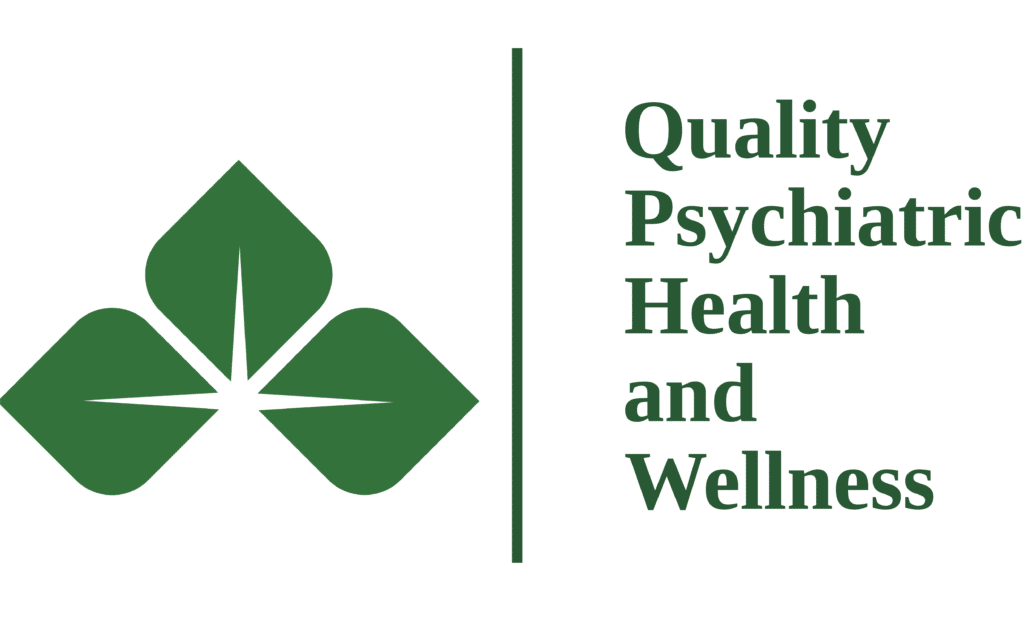Working in a busy office is exhausting enough, but with Post Traumatic Stress Disorder (PTSD), it can feel impossible to manage. If it’s triggered at work, it’ll leave you feeling anxious, scared, and nervous.
You’ll find it hard to stick to deadlines, remember your coworkers’ names, and complete projects on time. It will affect your productivity and hamper your chances of doing better in your professional life.
The good news is, ways exist to prevent yourself from getting into an unfavorable situation like this. You can keep your PTSD symptoms in check by following these tips:
1. Find something calming
What makes you feel relaxed? For many individuals who have PTSD, having a sight, sound, or smell that soothes their anxiety helps. You should identify those things and keep them as near to you as possible.
For instance, studies have proven that lavender oil can reduce anxiety disorder symptoms. Other beneficial methods to calm yourself include playing with a stress ball or listening to ocean sounds.
No matter the sensation, as long as it helps you take control of your body, moods, and emotions, you’re less likely to feel overwhelmed.

2. Decorate your desk
Another excellent way to deal with PTSD at the workplace is to decorate your desk or workspace. It can be a photo or an office plant. If you’re looking for something even simpler, you can hang inspirational quotes. After all, it’s always nice to remember what motivates you and why you started in the first place.
Since your desk is a personal space, decorating it with intimate things creates a home-like environment. It provides a sense of familiarity that will make you feel calmer. Use bright colors for decoration—they’re proven to alleviate anxiety disorder.

3. Practice breathing techniques
One of the most accessible techniques to cope with PTSD at the workplace is breathing exercises. Take slow and deep breaths. Inhale through your nose, wait for four to five seconds, then exhale through your mouth. While inhaling, your belly should expand, and while exhaling, it should shrink.
Although you can continue doing this process for as long as you like, it isn’t possible in the workplace. Repeating the process for about five minutes should be enough. It might take some time for you to get used to it. That’s why you should practice it at home, in your free time.

4. Create personal boundaries
People can get PTSD from bad breakups and abusive relationships, leading to social depression disorders that come out when they’re around people. While it’s impossible to avoid all communication at the workplace, you can limit your interactions by talking only when necessary.
If you feel anxiety at work, having a coworker who understands what you’re going through can really help you to cope better. If there’s no one to talk to, and you feel like someone’s violating your boundary, politely ask them to step back or lower their voice.

5. Ask for help
While self-help methods and medication for PTSD can be quite helpful, sometimes you may need intervention from other people. If it’s becoming difficult to manage your symptoms personally, sharing your condition with your boss or colleague might take the burden off your shoulders.
Be prepared to educate them about PTSD since they might not know how to deal with it. But don’t reveal too much; as that could trigger your symptoms. If you think that they’re not capable of providing you with the necessary support, then it’s better not to tell them anything.

Concluding Thoughts
It can be pretty exhausting to handle work while experiencing PTSD, especially if no one knows what you’re going through. The good news is that help in managing your symptoms is available.
If you’re interested in PTSD treatment, you can contact Dr. Ndubaku at Quality Health and Psychiatric Wellness. With her top-quality mental health care, you’ll be one step closer to living a stress-free and happy life.


